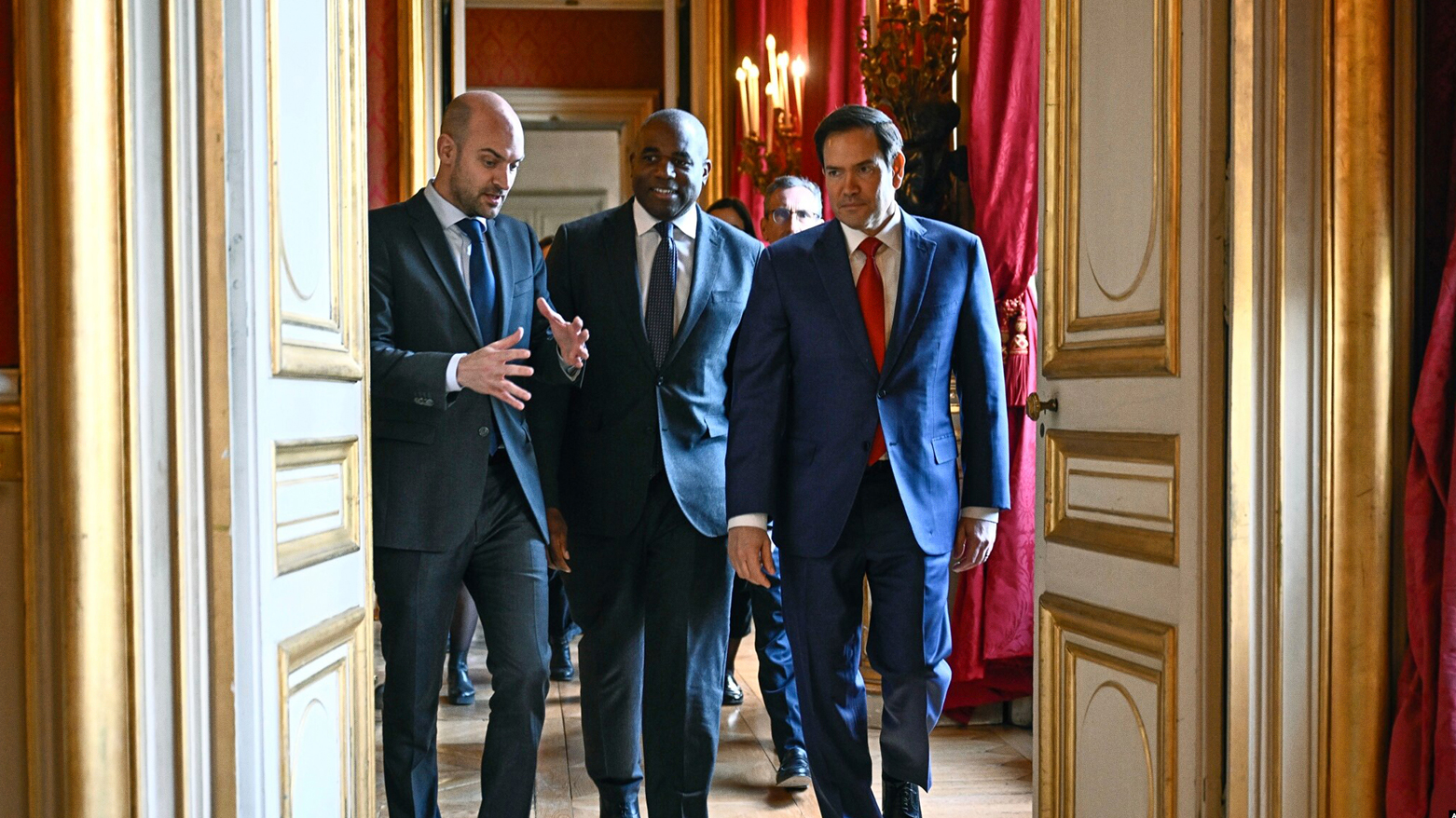US, Allies Set August Deadline for Iran Nuclear Deal: Axios
The U.S. and its European allies have set an end-of-August deadline for an Iran nuclear deal, threatening a "snapback" of all UN sanctions if no agreement is reached, Axios reports. The move is designed to pressure Tehran back into direct negotiations.

By Kamaran Aziz
ERBIL (Kurdistan24) – The United States and its key European allies have established an end-of-August deadline for reaching a nuclear deal with Iran, agreeing to trigger the reimposition of all United Nations sanctions if no agreement is finalized by that time, according to a report by Axios.
Citing three sources with knowledge of the call, Axios reported that U.S. Secretary of State Marco Rubio and the foreign ministers of France, Germany, and the United Kingdom agreed to the de facto deadline during a phone conversation on Monday.
The report underscores the gravity of the deadline, noting that if a deal is not reached, the three European powers (E3) are planning to activate the "snapback" mechanism. This provision, included in the original 2015 nuclear deal, allows signatories to automatically reinstate all UN Security Council sanctions that were previously lifted.
According to Axios, the timing is critical because the snapback provision is set to expire in October. The activation process takes 30 days, and the European powers reportedly want to complete it before Russia, which would likely oppose the move, assumes the presidency of the UN Security Council in October. While U.S. and European officials view the threat of snapback as a negotiating tool, Iran has argued there is no legal basis for it and has threatened to withdraw from the nuclear Non-Proliferation Treaty in response, the report added.
The call between Rubio and his European counterparts was aimed at coordinating their positions on the path forward for nuclear diplomacy with Iran, the sources told Axios.
As part of the diplomatic push, the report states that the Europeans plan to engage with Iran in the coming weeks with a message that snapback sanctions can still be avoided. According to two sources cited by Axios, this would require Iran to take significant steps to reassure the international community about its nuclear program.
Specific examples of such steps, the report noted, could include resuming International Atomic Energy Agency (IAEA) monitoring, which Iran suspended following U.S. and Israeli strikes on its nuclear facilities, or the removal from Iran of the approximately 400kg of uranium it has enriched to 60% purity.
The diplomatic maneuvering comes as the Trump administration has been attempting to restart negotiations for a new nuclear deal since the end of the recent war between Israel and Iran, Axios reported. Some officials in Europe and Israel were reportedly concerned the administration might discourage the use of snapback so as not to harm potential talks.
However, Israeli Prime Minister Benjamin Netanyahu reportedly raised the issue directly with President Trump and his team during a White House visit last week. According to two Israeli officials cited by Axios, Netanyahu asked Trump not to block the snapback mechanism and to convey to Iran that its time to secure a deal is limited. "We felt that Trump and his team agreed with us," an Israeli official told the news outlet.
A senior U.S. official confirmed to Axios that the Trump administration supports activating snapback and views it as leverage in talks with Iran.
The official added that President Trump is "highly frustrated" that Iran has not yet returned to the negotiating table and that U.S. envoy Steve Witkoff has made it clear to Tehran that any future talks must be direct, not mediated, to expedite the process.
The current diplomatic push follows years of turmoil surrounding the original 2015 Iran nuclear deal, formally known as the Joint Comprehensive Plan of Action (JCPOA). That landmark agreement, signed between Iran and the P5+1 group (the U.S., U.K., France, Russia, China, and Germany), limited Iran's nuclear program in exchange for the lifting of international economic sanctions, as reported by outlets like the BBC and Reuters.
In 2018, the Trump administration unilaterally withdrew the United States from the deal and reimposed harsh sanctions on Tehran.
In response, Iran gradually began violating the pact's nuclear enrichment and stockpile limits, according to reports from the International Atomic Energy Agency (IAEA) and covered extensively by media such as the Associated Press. Efforts to revive the deal have been ongoing with varying intensity since 2021 but have been repeatedly stalled by disagreements between Tehran and Washington.